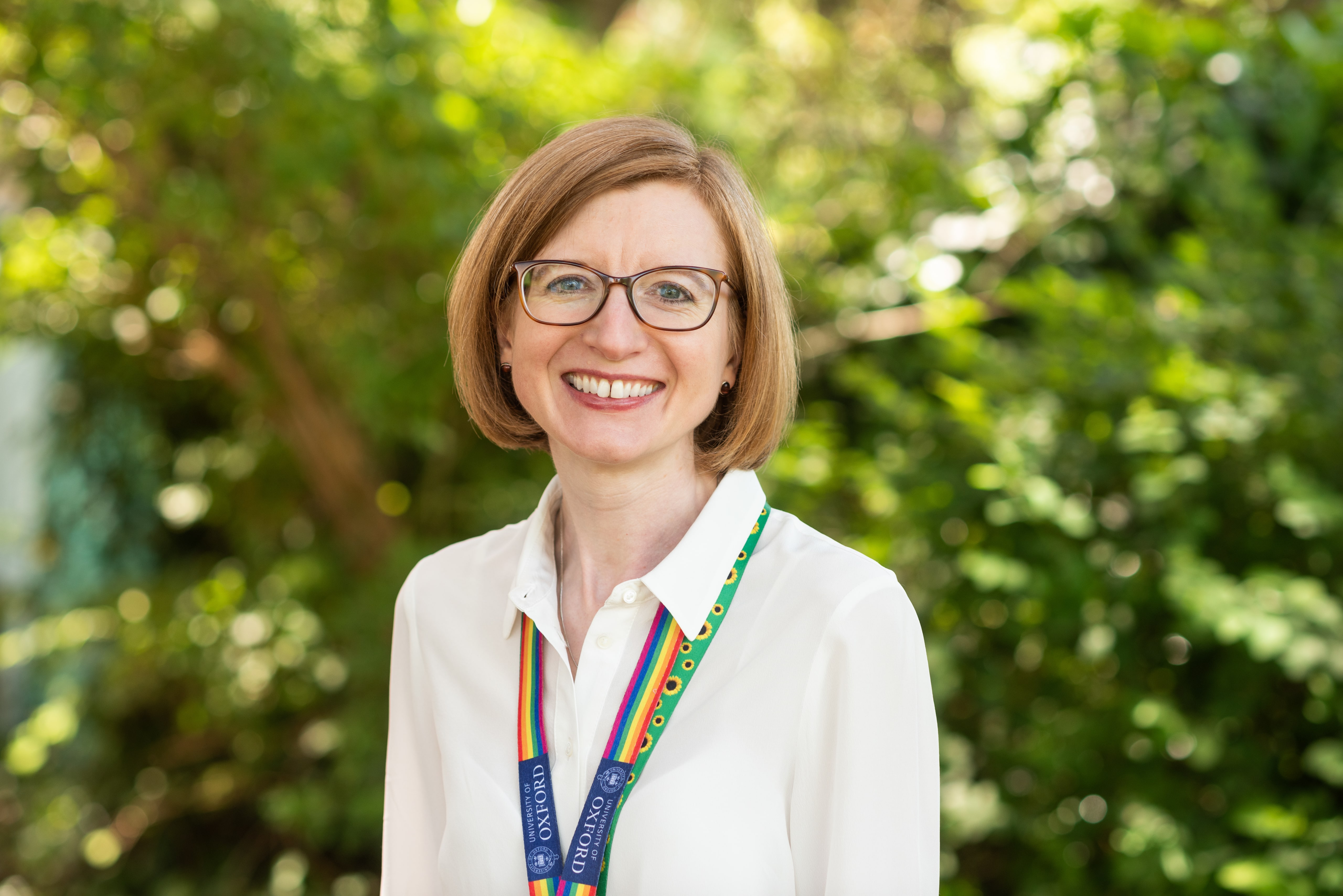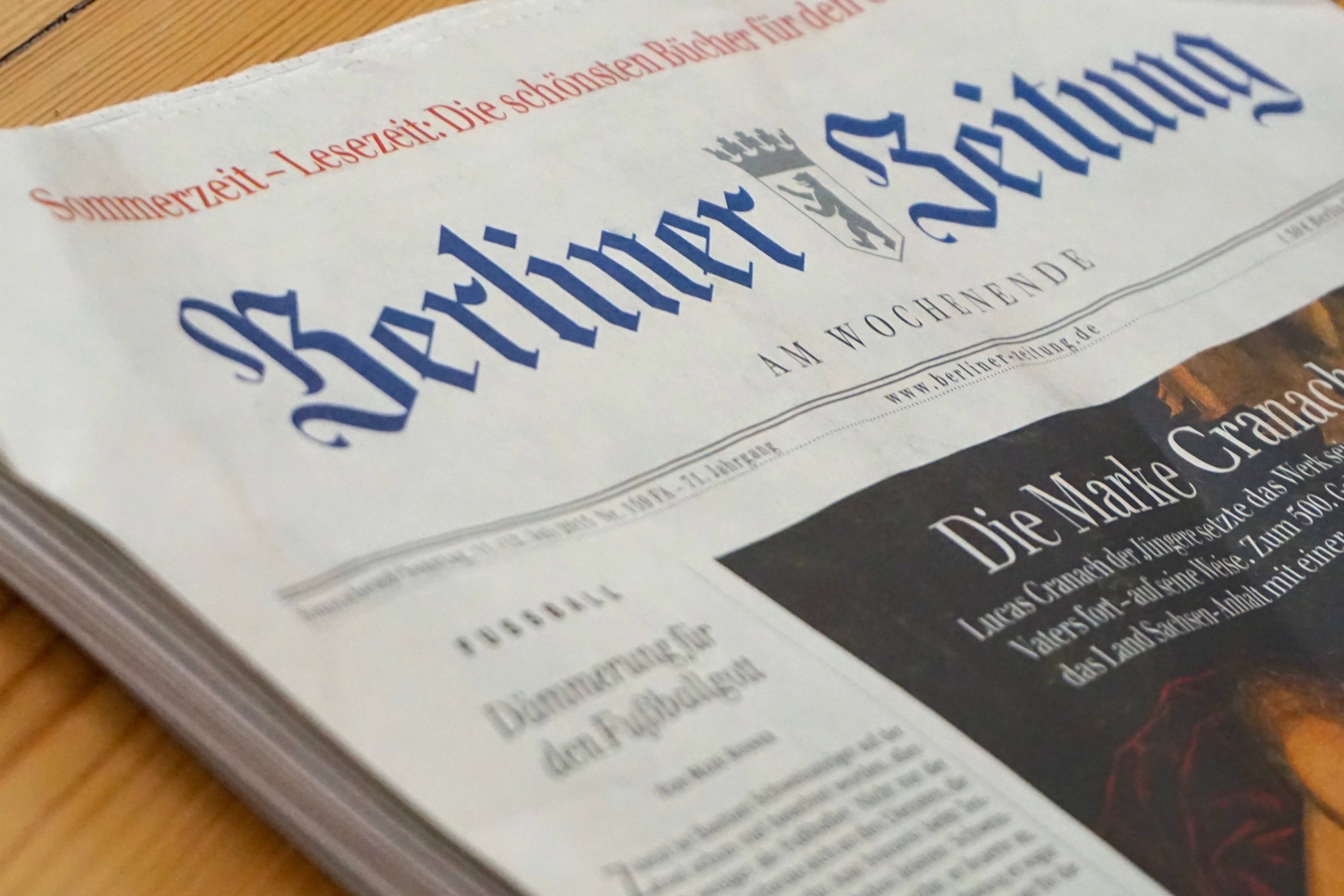
Applicants can choose between Modern Languages and joint schools in: Modern Languages and Linguistics; English and Modern Languages; European and Middle Eastern Languages; History and Modern Languages; and Philosophy and Modern Languages.
Why study Modern Languages at St Hilda's?
As a Modern Linguist at St Hilda's, you'll have a rich intellectual life and benefit from excellent resources to support your studies, starting with your tutors. They will work intensively with you as you develop your language skills and embark on your career as a discerning critic of literature and culture. Your tutors will help you to identify and develop your personal interests and to find your individual critical voice as you grow in confidence in your chosen language(s). The Modern Linguists form a large group in St Hilda’s, and we have a strong tradition of supporting students from a diverse range of backgrounds and nationalities to realise their potential and achieve academic success and excellence. The College also gives several prizes in the subject, accompanied by small bursaries, to reward outstanding attainment and endeavour.
The College library is particularly well stocked for French and German, and our dedicated linguists’ travel grant fund helps to finance trips or courses abroad during University vacations. An annual ‘year abroad’ meeting provides a forum for fourth-years to share experiences and advice with second-years on different ways of shaping their year abroad activity. Our strong community of students across almost the full range of languages and joint schools available is a diverse and exciting group of which to be a part.
Over the past years, St Hilda’s linguists have been notably active in University and College student activism, as well as in student journalism, music, drama, and in the executive committees of the various student-run modern languages societies. The internationalism of the student body at St Hilda’s provides an excellent context for this discipline.
Working Life of a Modern Languages Student
Note that the subject information given below is presented in the context of general guidelines to the working life of a student reading Modern Languages as all or part of their degree course. For official information on each specific course (e.g. Modern Languages and Linguistics, English and Modern Languages, etc), please consult its dedicated page on the University Admissions website, under ‘courses’. More detailed information is available in the undergraduate handbook for each language. Please note that each handbook is valid only for the academic year stated and may be subject to revision.
Course Structure
The basic structure of the Modern Languages degree course is available on the University website.
In Year 1, alongside your language work, you follow a set course of literature in each language you study.* This course is designed to acquaint you with a range of different periods or genres of literature, as well as to introduce you to different ways of thinking and writing about texts; you will practise both commentaries and essays.
*If you are doing French or German ‘sole’, you will follow, in addition, options in film, theory, and thought (French ‘sole’) or film, introduction to medieval studies, and thought (German ‘sole’).
At the end of the first year you are formally assessed in examinations on the year’s language work (50%) and literary study (50%). Also at this time you will consult with your subject tutors about choosing your options for your Final Honours course (i.e. the subjects you prepare for your Final Exams at the end of Year 4). As there is no formal assessment at the end of Year 2, these options are spread across Years 2 and 4. A maximum of 50% (less for ‘sole’ or joint schools courses) of your final exams will be on language (typically translation into and from the target language, together with an essay in the language, and an oral examination). The remaining 50% will be a combination of some/all of the following: literature papers, linguistics papers, one from a selection of special subjects which include European cinema, literary theory, and advanced translation amongst others, and a dissertation. All students must study a period of literature, so a significant portion of your time will inevitably be spent reading, thinking, and writing about literature. All language papers are assessed by a final examination, as are most literary and linguistic options. Most special subjects (literary and non-literary) are assessed by a portfolio of coursework essays.
Lectures
Lectures take place in the Faculty and are given by tutors from across the University (including your own!). Lectures are not intended primarily as lessons in a subject or as the source of answers to the essay questions your own tutor may have set you; rather they will enhance and augment the information from your readings, provide you with a conceptual framework, and help you draw connections between different perspectives.
In the first year, you can expect to attend about three hours of lectures per language; these will be tied in closely with the texts you are studying, presenting a sense of the different contexts in which the works can be viewed (literary, social, political, etc.) and offering critical perspectives for you to engage with and, indeed, challenge. In the second and fourth years, you will find a whole variety of lectures on offer and are, of course, welcome to attend lectures in areas that you are not studying, but which are simply of interest to you, in Modern Languages or in other Faculties. All lectures lists are available online at the start of each term, and lectures are supported by resources on the University’s virtual learning environment, Canvas. Lectures are also a good way of meeting people doing your course at other colleges, and of sharing particular enthusiasms, especially at smaller, special interest lectures.
Tutorials and Classes
In Modern Languages, tutors will normally refer to ‘classes’ for language work and ‘tutorials’ or occasionally ‘seminars’ for literature and other non-language work. In the larger subjects, like French, German, Spanish, and Italian, language is mostly taught in your College, though some languages also have Faculty-based classes. Subjects with smaller student numbers, such as Czech, Modern Greek, and the Middle Eastern languages (Arabic, Hebrew, Turkish, and Persian) have centralized language teaching, which builds a sense of community across the subject group. Most first-year literature work takes place in your College, but you will usually find yourself venturing out to other colleges for at least some tutorials in your second and fourth years in order to work with specialists in the particular options you have chosen.
The number of tutorials you have per language in a week may vary, but it will usually be one or two; you will always be expected to have prepared some work for every tutorial, and this will usually be an essay or a commentary. You will find that the majority of your time each week is spent on reading, thinking, and writing in preparation for your tutorial. For most tutorials you will be paired with another student; this enables lively debate and discussion of your different ideas in response to a particular essay title or passage of text. Your tutor will invite you and your tutorial partner to justify your views in relation to alternative perspectives or approaches, introducing new material and new lines of development for the arguments you have presented.
You can expect to have two or three hours of language classes per language per week; there will usually be at least one piece of translation work to complete each week, and additional preparation for oral or grammar classes. Classes are taught in small groups, so there is plenty of opportunity to ask questions about points of uncertainty, to go over a particular grammar point, or to discuss issues of style and register in relation to a given passage. Classes in writing, speaking, and translating into the language are normally taught by native-speakers. You will encounter a wide variety of translation exercise: literary descriptive, journalistic, narrative, comic, exposing you to diverse types of language use. In addition to your College classes, you can attend classes arranged by the University Language Centre to consolidate points of grammar or develop your essay-writing skills in the target language. The Language Centre also has excellent on-line resources as well as facilities for practising your spoken language.
Beginner languages
Nearly all languages can be started from scratch; for details of which languages are offered at beginner level and in which combinations, see the Modern Languages Faculty website. In order to accelerate your progress in this language, you will have a greater number of classes per week and be expected to invest more independent time, for example in vocabulary learning, in your language study.
Writing Commentaries and Essays
No-one expects you to arrive in Oxford with already-perfected skills of commentary and essay writing. It is quite natural to feel uncertain about the tasks initially, and to take a while to feel comfortable with them. Because your term-time tutorial work is not formally assessed, this gives you the ideal opportunity to be adventurous in trying out different styles and approaches to your work; there is no one ‘model’ of essay writing. Your tutors will provide feedback, verbally and in written comments, and you are always welcome to ask if you feel you need more specific guidance, for example in how to structure your argument. Your skills will develop throughout your university career, and most students feel that they have made tremendous progress when they compare an essay from their second year with one from the end of their fourth year. The Modern Languages course, with its special subject and dissertation options, also offers the opportunity of producing longer pieces of written work (up to 8,000 words, in the case of the dissertation), which present different challenges and possibilities for expanding your writing skills.
You will probably not receive a mark on your weekly tutorial essays; your tutor’s comments, however, will give you an indication of your progress, and you will receive marks in the College tests you sit at the start of each term, known as ‘Collections’: these enable you to revisit the previous term’s work so you know, for example, which areas you might need to spend time consolidating or want to develop further during your year abroad.
Reading Texts / Use of Vacations
Reading primary texts in the original language takes time, as does reading secondary material (scholarly books and articles). During term, you will be using the College and Faculty libraries to read, think about, and respond to secondary material when preparing your essays. It is vital that you are already well acquainted with the novels, poems, plays, or indeed films you are due to study before term begins, referring to dictionaries as you read them for the first time (and thereby expanding your vocabulary and knowledge of syntactic structures). This will be your main task in the vacations. We understand that many students have paid work or other responsibilities outside term time, but it is essential, if you are going to participate fully and successfully in your course, to set aside proper time for academic work, too. You should see vacation study as an integral part of the degree course.
Working Hours
Everyone works differently and finds they work most productively at different times of day, but it is important that you establish a pattern of work that enables you to fulfil all your academic commitments. Some people prefer to work in the privacy of their room, others prefer to do so in a library, seeing it as an ‘office’. Wherever you find you work best, you should be aiming to spend no fewer than six hours a day, on average, on personal study (i.e. in addition to tutorials, classes, and lectures) during term-time. You need time not just to read the materials on your reading list, but also, and crucially, to reflect on them, develop your own arguments, and plan and structure your essays. It is important to build breaks into your work time; as well as their importance for general well-being, they are as beneficial for effective working as the work itself. Your tutors will always be most interested in how you have responded to what you’ve read and in your own thoughts in reaction to others’; it is not a question of trying to read through the greatest number of items on your reading list and tick them off like a check-list; far more significant is learning to react critically to what you read.
Year Abroad
Your year abroad (see the Faculty website for details of the different activities you can undertake, including internships, studying, and teaching) is an integral part of the degree course: not only is it an exceptionally valuable opportunity for developing your oral fluency and cultural experience in the language(s) you are studying, it is also a period you can use to consolidate work from your second year, expanding your reading, doing research for a dissertation, and preparing for your final year. Some students also find that professional connections they establish during that year are useful for their future career after graduation. If you are taking the joint schools degree of European and Middle Eastern languages, you will spend the second, rather than the third, year abroad, following a specially designed language course.
After St Hilda's
A Modern Languages degree opens up an especially broad variety of exciting career options; recent St Hilda’s graduates have embarked on careers ranging from communications, publishing, and teaching to law, diplomacy, international development, and the arts. Many students also choose to continue to postgraduate study in Modern Languages or other disciplines where their linguistic knowledge is an asset, from art history to international relations.
Up to 12 places per year
- Finance and funding
- Applying to Oxford
- Entrance Requirements: Modern Languages
- Entrance Requirements: Modern Languages and Linguistics
- Entrance Requirements: English and Modern Languages
- Entrance Requirements: European and Middle Eastern Languages
- Entrance Requirements: History and Modern Languages
- Entrance Requirements: Philosophy and Modern Languages
- Faculty of Medieval and Modern Languages
- Faculty of English
- Faculty of History
- Faculty of Linguistics, Philology and Phonetics
- Faculty of Philosophy
Related courses
Meet our Academics
You can read more about the course academics via their profiles which can be accessed below.
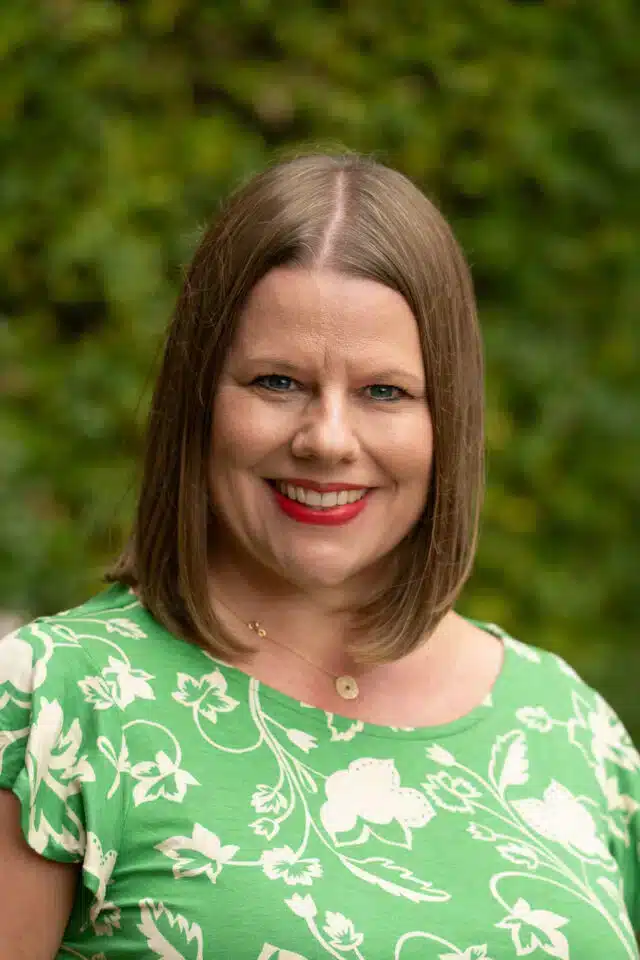
German
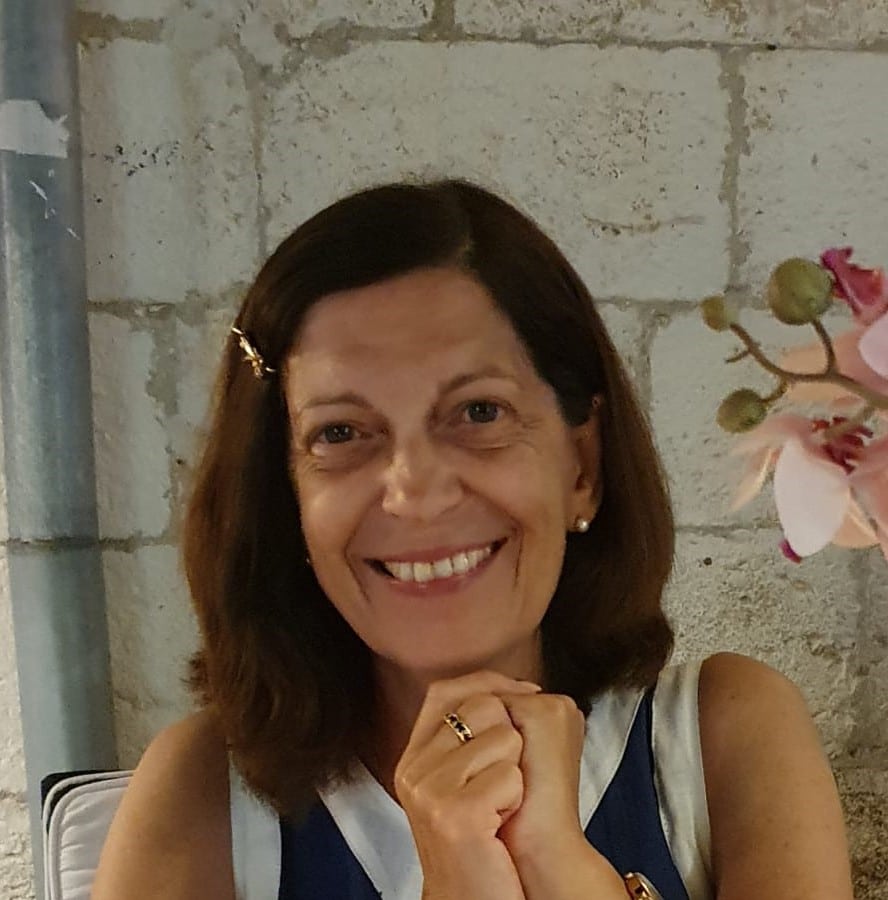
French
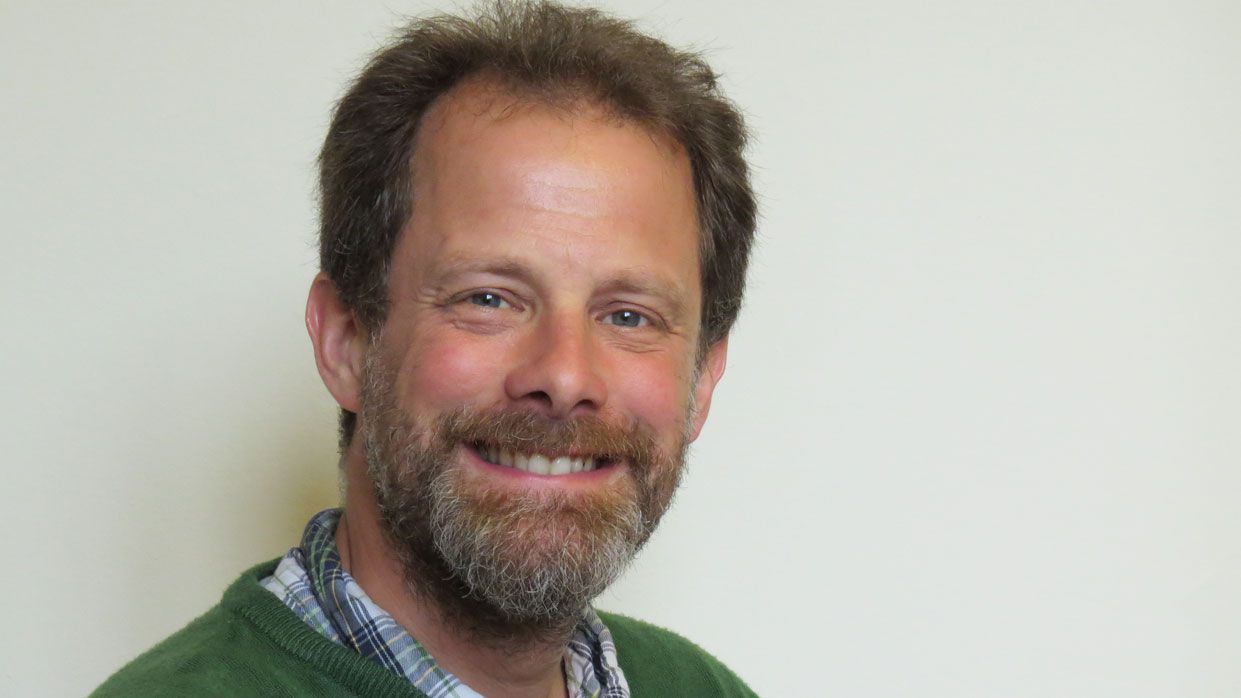
French
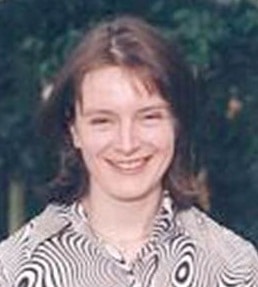
Linguistics
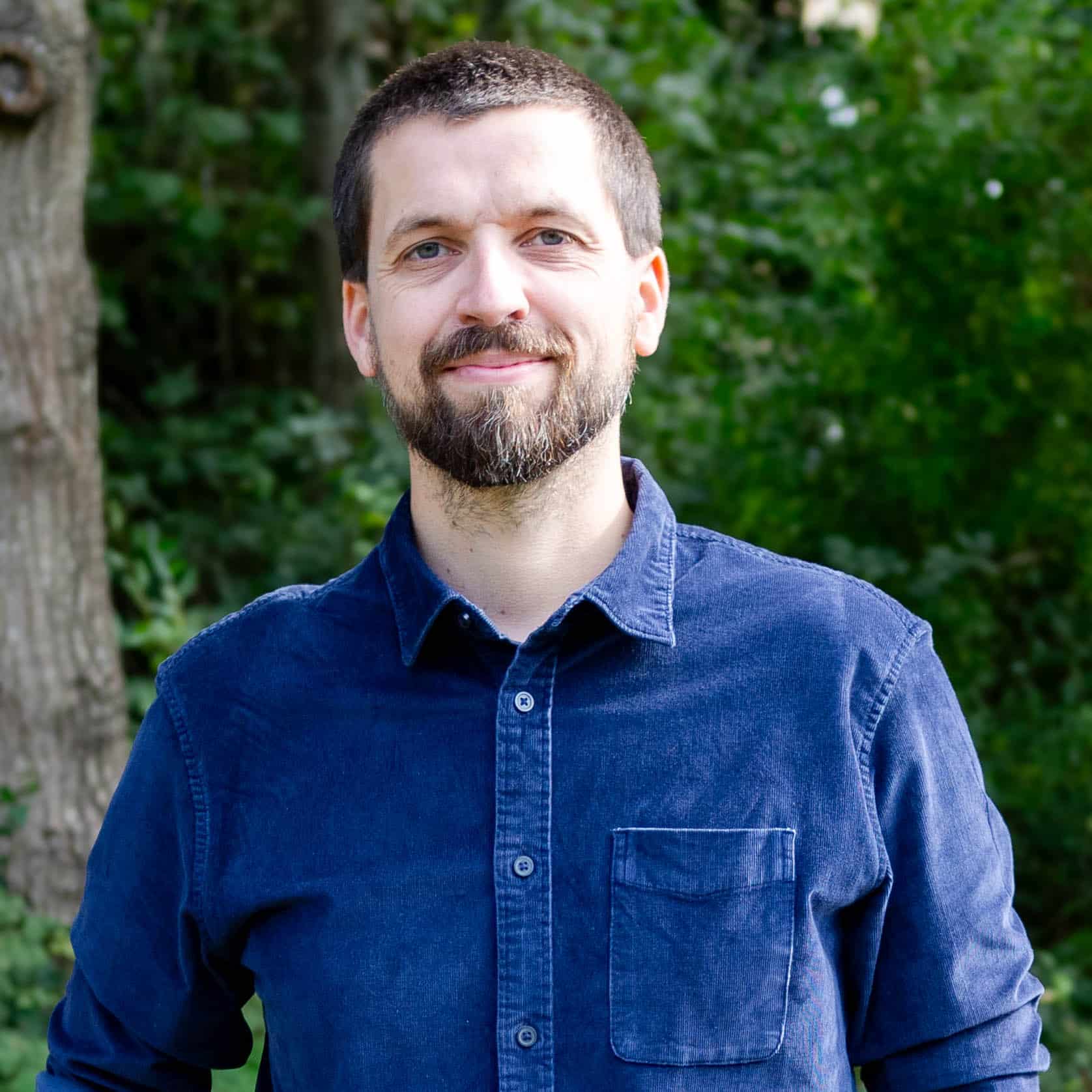
German

French
